Ever dreamed of setting out on a deep-sea fishing quest, but felt daunted by the enigma of it all? Trust me, I’ve worn those shoes; perplexed and clueless about where to start. After diving into extensive research and gaining hands-on experience, I’ve uncovered five key pearls of wisdom for success – from selecting just-the-right attire for a voyage at sea, to decoding seasonal fish patterns.
So let’s plunge into this together and transform your aspiration of mastering the ocean’s marvels into an unforgettable reality!
Key Takeaways
- Dress appropriately for deep sea fishing by wearing loose and airy outfits, a wide brim hat, sunscreen, and water-ready attire.
- Make sure to get your permits in order before going on a deep sea fishing trip to avoid any last – minute stress or trouble.
- Carry a first aid kit with essential medical supplies to treat any injuries that may occur while fishing in the deep sea.
- Research seasonal fish patterns to know when and where certain fish species are most active for a successful fishing adventure.
Dress Appropriately
Careful choice of clothes is key for any deep sea fishing adventure. Comfort, protection, and suitability for water tasks matter the most. I favor loose and airy outfits that let me move with ease.
They help keep me cool when the sun blares down.
Sunburn can spoil a good trip, so don’t skimp on sun-protecting items! A wide brim hat covers my face and neck from harmful rays. And even if it’s cloudy out there, slather on sunscreen because UV rays sneak through clouds too.
For activities near or in water, gear up in a water-ready suit. This type of attire dries fast when wet – leaving you cozy throughout your fishing journey! Through dressing right, setting sail on a successful deep sea catch becomes way more likely.
Get Your Permits in Order
Going fishing in the deep sea means you need to have your permits in order. This is a must-do job for any fishing trip.
- Always plan your fishing trip with the necessary permits.
- Make sure you obtain and arrange your permits ahead of time.
- Never forget that securing the right permits is key to a successful trip.
- Know that proper permit organization can make your trip smoother and more enjoyable.
- Put getting the permits at the top of your to – do list when preparing for an adventure.
- Keep in mind having your permits in order will give you peace of mind while enjoying your favorite hobby.
- Ensure all needed information for planning is provided by these important documents.
- Avoid any last – minute stress or trouble by making sure all necessary documents are obtained and correctly organized.
Carry First Aid Supplies
On your deep sea fishing trip, you must bring a first aid kit. It should have these items:
- Medical supplies – You will use them to treat any injury.
- First aid kit – A must-have for all trips.
- Wound care materials – These will help clean and cover wounds.
- Antibacterial ointment – This cream stops germs from getting in wounds.
- Sterile gauze – To stop blood loss fast.
- Bandages – They hold the gauze on the wound.
- Disinfectant solution – It cleans cuts and scrapes.
- Adhesive tape – To keep bandages in place.
- Pain relief medication – To help with pain from a wound or injury.
- Antiseptic wipes – They clean the skin around a wound.
Research Seasonal Fish
Researching seasonal fish is crucial for a successful deep sea fishing adventure. By understanding the fishing seasons, anglers can plan their trips at the best time when certain fish species are most active.
It’s important to know that different fish have different preferences for water temperature, feeding habits, and spawning seasons. This information helps anglers prepare by knowing what size and weight of fish they can expect to catch.
Additionally, keeping up-to-date with research on seasonal fish allows anglers to adapt their fishing strategies based on changes in behavior and environmental factors. So, before heading out on your next fishing trip, make sure you do some research on the seasonal patterns of the fish you’re targeting!
Be Prepared for Seasickness
I know from experience that seasickness can really ruin a fishing trip. To prevent feeling nauseous and dizzy, there are a few things you can do. First, I recommend taking over-the-counter antihistamines like Dramamine or Bonine.
Make sure to choose the non-drowsy formulas so you don’t feel sleepy while fishing.
Getting enough sleep before your trip is also important because being well-rested can reduce your chances of getting seasick. Plus, make sure to stay hydrated by drinking plenty of water.
Dehydration can make seasickness worse, so it’s crucial to keep yourself hydrated.
Another tip is to wear anti-nausea wrist bands that target pressure points on your wrists. These bands help alleviate the symptoms of motion sickness and they’re easy to use.
Remember, preventing seasickness is crucial for an enjoyable deep sea fishing adventure. So take these steps seriously and enjoy your time out on the water!
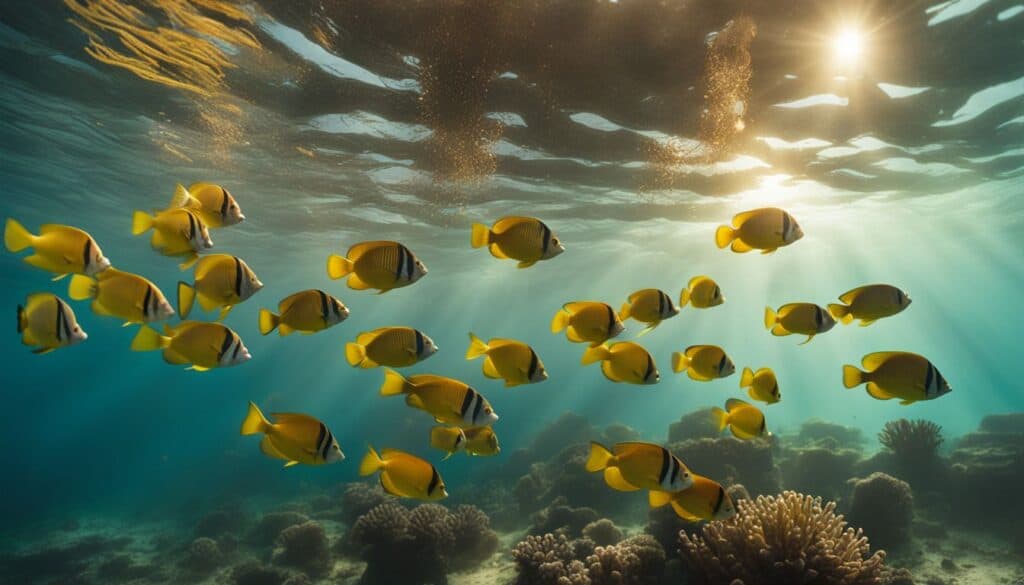
Use Natural Indicators (birds and dolphins)
I love using natural indicators like birds and dolphins when I go deep sea fishing. One great natural indicator is the frigate bird. These birds are often found near pelagic species like dolphin fish, so if you spot a frigate bird hovering above the water, chances are there are some dolphin fish nearby.
It’s really fascinating to observe the behaviors of these birds, as they can give us valuable clues about where to find fish.
Using natural indicators like frigate birds increases our chances of success in deep sea fishing. By paying attention to these birds, we can locate areas with fish shoals and increase our chances of getting a good catch.
When I see a frigate bird diving into the water or circling around a specific area, I know that’s where I should cast my line.
It’s important to have the right equipment for deep sea fishing, including rods and tackle that are more tolerant to seawater. That way, we can fully enjoy our fishing expedition without worrying about gear issues.
And of course, safety is always a top priority when navigating the depths while looking for those prime fishing spots.
Overall, using natural indicators like birds and dolphins adds an exciting element to deep sea fishing. Not only does it make our trips more enjoyable, but it also increases our chances of having a successful day on the water.
So next time you’re out there casting your line, keep an eye out for those feathered friends and playful dolphins – they might just lead you straight to your next big catch!
Time Your Fishing Trip (full moon)
When planning a deep sea fishing trip, it’s important to consider the moon phase. Fishing during a full moon can be very productive, especially near sunrise or sunset when the fish are more active.
Expert anglers believe that big fish are more likely to bite a few days before the full moon. Many watermen believe that crabs are most likely to shed during the full moon, making them a good bait option during this time.
Some fishermen swear that 90% of their lifetime catches come from the full and new moon. A full moon is considered the best time for tarpon fishing, although they may prefer crabs at low tides.
So if you want to increase your chances of success on your deep sea fishing adventure, make sure to plan your trip around the phases of the moon!
Best Tips for Deep Sea Fishing Adventures Success
When it comes to deep sea fishing, there are a few important tips that can help ensure a successful adventure. First, it’s crucial to dress appropriately for the trip. Wearing comfortable and weather-appropriate clothing will make your experience much more enjoyable.
Additionally, communicating effectively with the crew and asking relevant questions can increase your chances of catching fish. It’s also important to research the different fish species and their seasonal patterns before heading out, as this knowledge will help you target specific fish for a successful catch.
Lastly, avoiding seasickness by taking necessary precautions and staying hydrated during long trips is essential for an enjoyable deep sea fishing experience.
Remember: Dressing appropriately, effective communication, knowing about fish species and seasons, avoiding seasickness, and staying hydrated are key factors in achieving success on your deep sea fishing adventure.
Proven Tips for Fishing Boat Selection
Choosing the right fishing boat is crucial for a successful deep sea fishing adventure. Here are some proven tips to help you make the best boat selection:
- Look for a boat rental with all the necessary amenities, such as comfortable seating and shade to protect you from the sun.
- Consider the size of the fishing boat. Smaller boats are more maneuverable in tight spaces, while larger boats offer stability and more space for equipment.
- Check if the fishing charter has experienced captains who know the best spots for catching fish and can share their knowledge with you.
- Research the facilities on board. A restroom facility is essential for long trips, so make sure the boat you choose has this convenience.
- Ask about the availability of different fishing boat options, such as specialized offshore vessels or smaller boats that can access shallow waters.
- Consider the reputation of the fishing charter company and read reviews from previous customers to ensure a positive fishing charter experience.
- Find out about any additional services offered by the fishing charter, such as cleaning and filleting your catch or providing bait and tackle.
- Take into account your budget and compare prices among different fishing charters to find one that offers good value for your money.
- Determine whether you want a private charter or don’t mind sharing a boat with other anglers, as this can affect your overall experience.
- Finally, check the availability of the fishing boat on your desired dates to ensure it aligns with your planned trip schedule.
Pay Attention to Safety (watch out for wood)
Safety should always be our top priority when embarking on a deep sea fishing adventure. It is crucial to pay attention to safety guidelines and be aware of potential hazards, such as floating wood in the water.
This can pose a serious danger to both you and your boat, so it’s important to remain vigilant at all times. Make sure you have the necessary safety equipment on board, like life jackets and emergency flares, in case an accident does occur.
By taking these precautions and staying alert, we can ensure a safe and enjoyable fishing experience on the open ocean.
Conclusion on Deep Sea Fishing Adventures
In conclusion, following these 5 best tips will greatly increase your chances of a successful deep sea fishing adventure. By dressing appropriately, getting your permits in order, carrying first aid supplies, researching seasonal fish, and being prepared for seasickness, you’ll be well-equipped to have an enjoyable and fruitful trip.
So grab your fishing gear and get ready to catch some big game fish!
FAQs on Deep Sea Fishing Adventures
1. What is deep sea fishing?
Deep sea fishing refers to the practice of fishing in deeper waters, typically farther away from land and in areas with a greater depth.
2. What are the best tips for successful deep sea fishing adventures?
The best tips for successful deep sea fishing adventures include checking weather conditions, bringing appropriate gear and bait, hiring an experienced captain or guide, being patient and observant, and following safety precautions.
3. How can I check weather conditions before going on a deep sea fishing adventure?
You can check weather conditions by listening to local forecasts on TV or radio, using reliable online sources or mobile apps that provide weather updates, or contacting local marinas or charter companies for current information.
4. Do I need my own equipment for deep sea fishing?
While it’s not necessary to have your own equipment, it can enhance your experience if you bring specialized gear such as heavy-duty rods and reels designed for saltwater fishing. Many charters provide all the necessary equipment as part of their packages.
5. Is deep sea fishing safe?
Deep sea fishing can be safe if proper safety precautions are followed such as wearing life jackets, listening to instructions from the captain or crew members aboard the boat, being aware of potential hazards like slippery decks or sharp hooks, and avoiding risky behaviors like excessive alcohol consumption while out at sea.

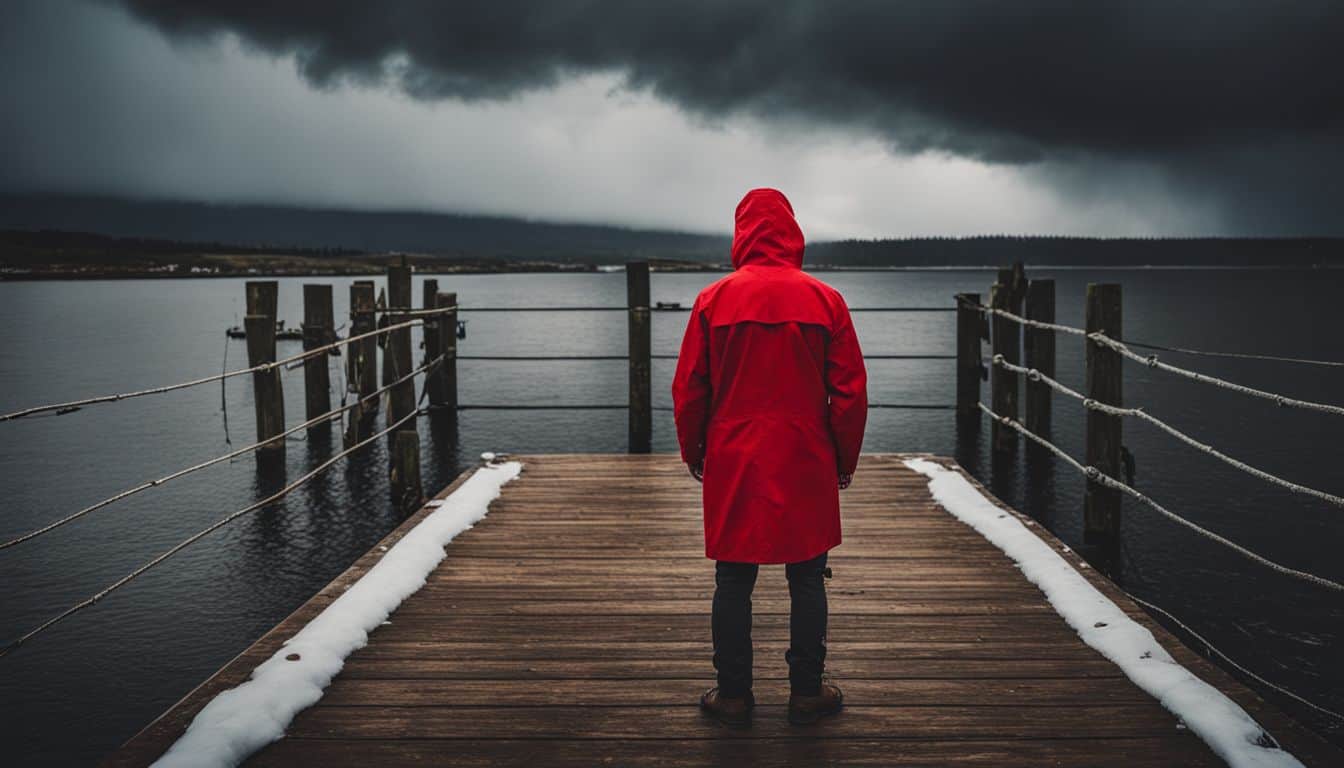
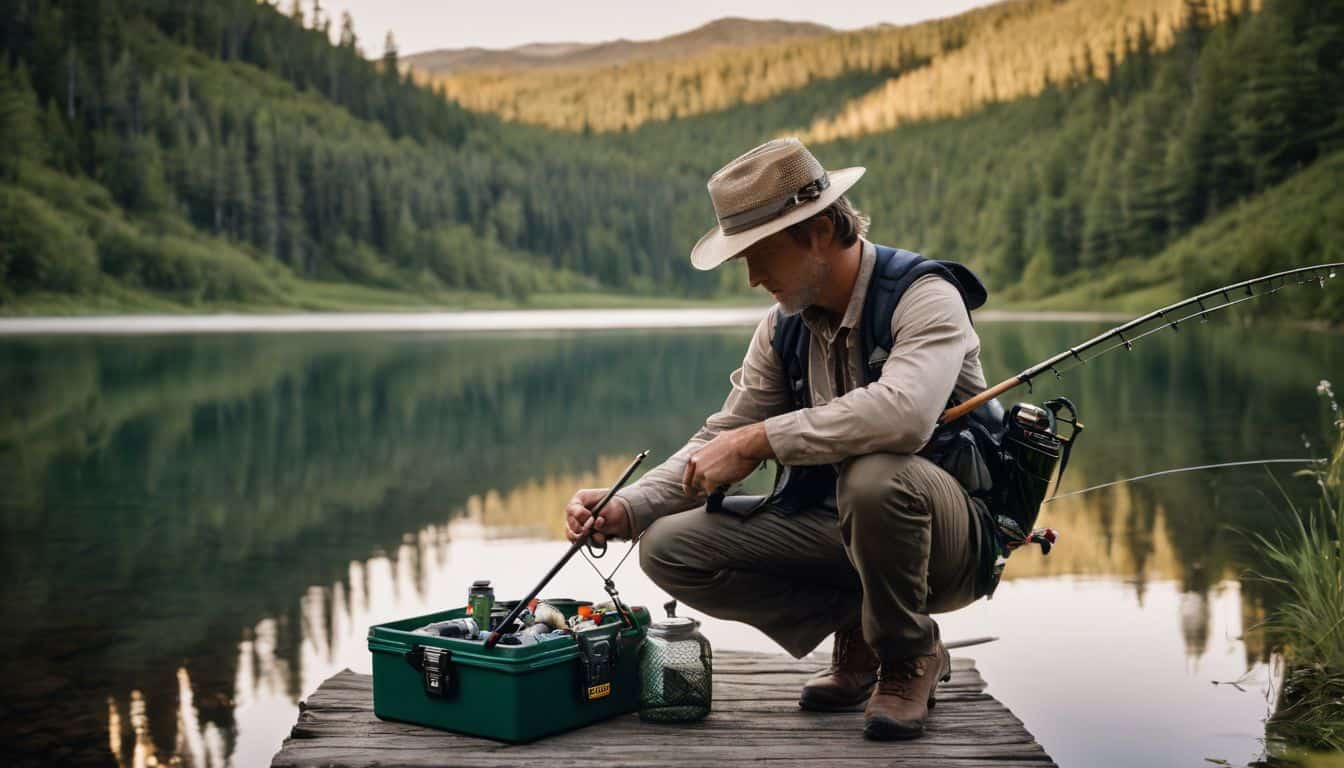
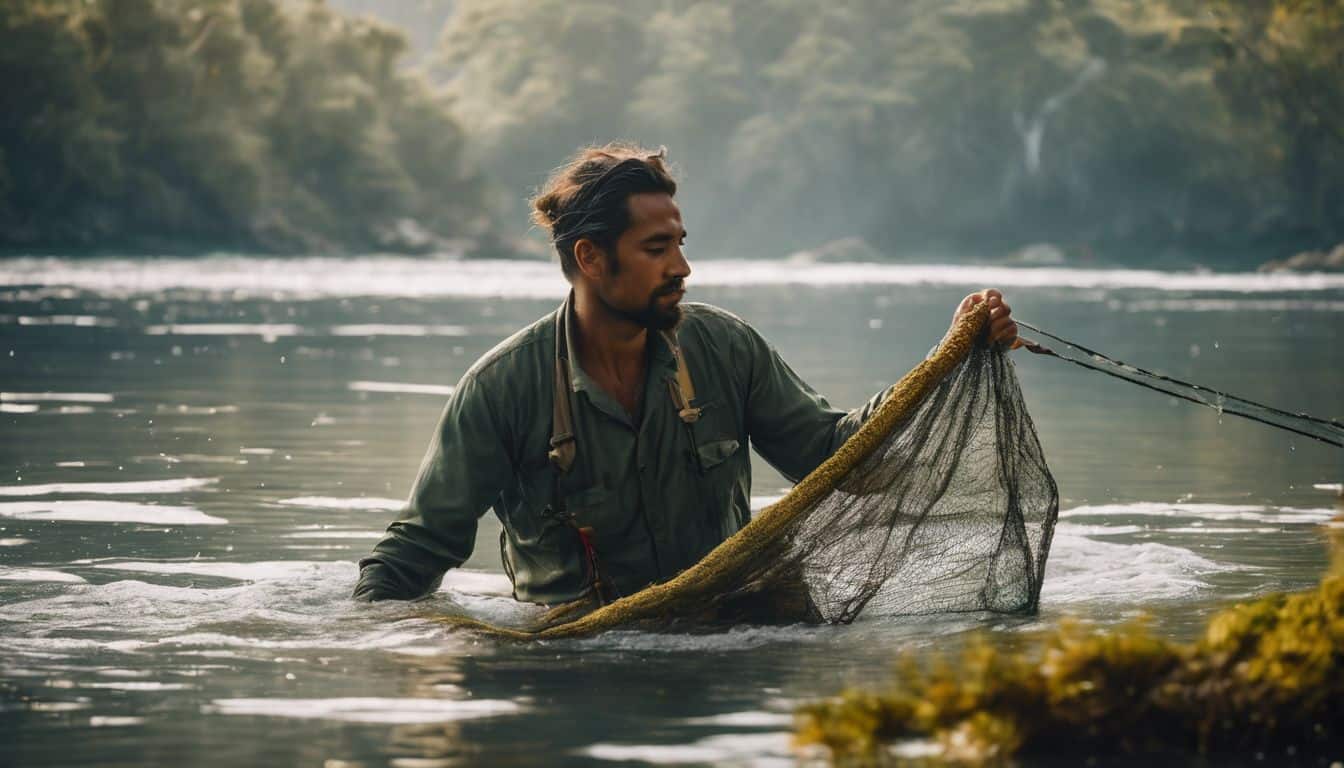
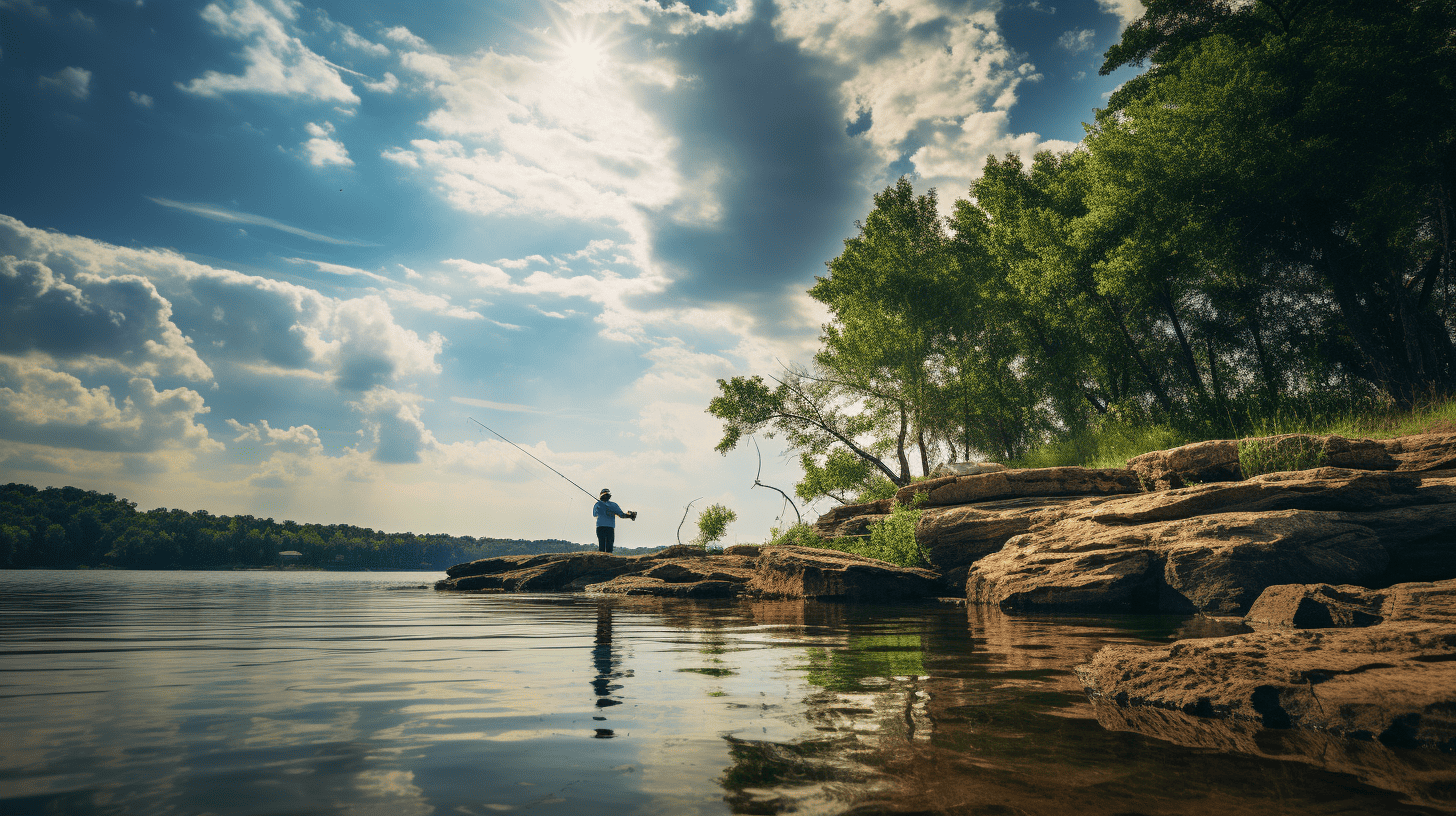
Leave a Reply